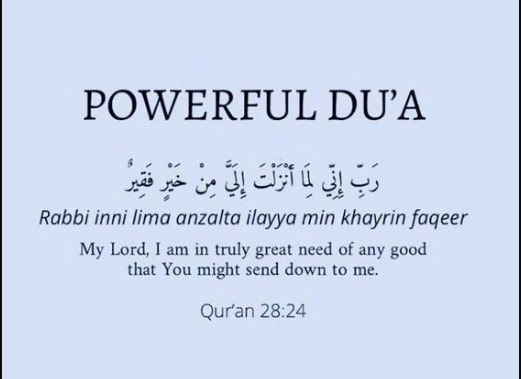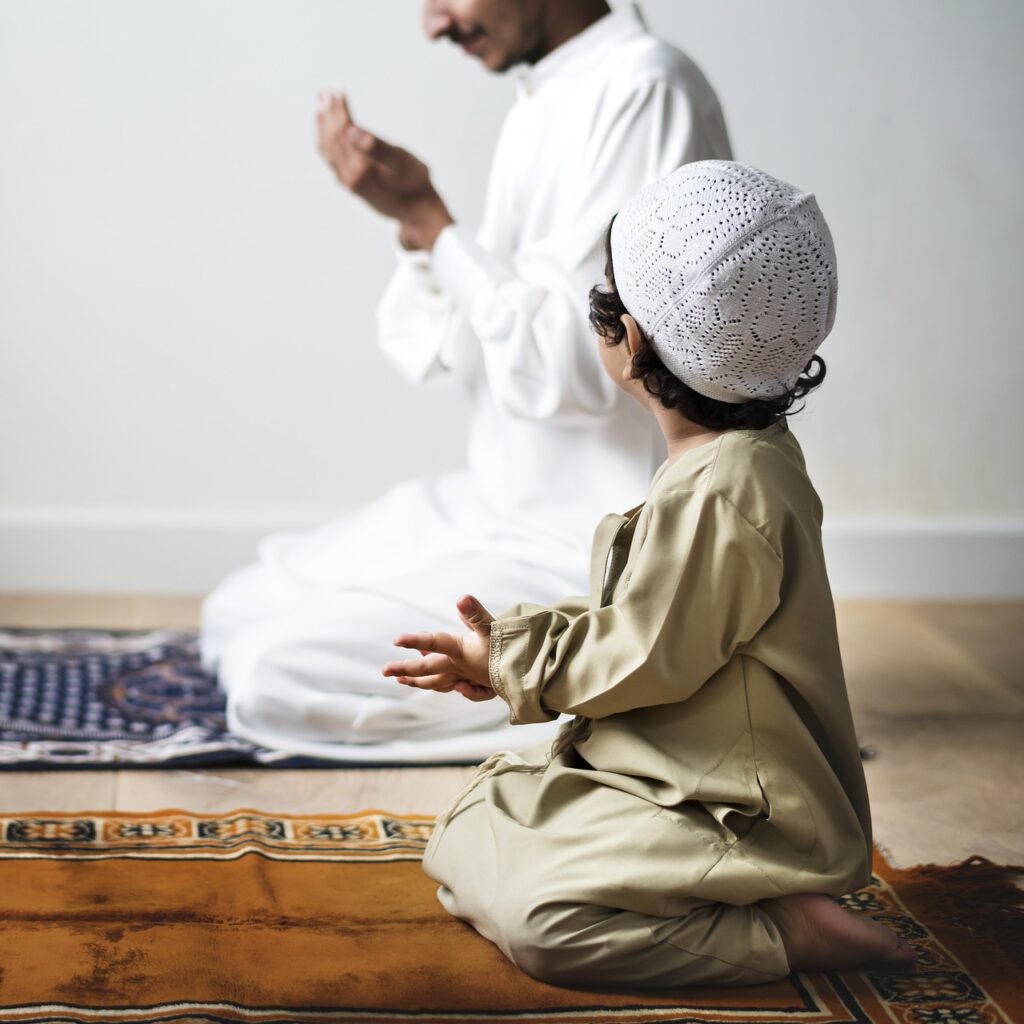Powerful Duas for Your Wishes to Come True

Powerful Duas for Your Wishes to Come True Powerful Duas for Your Wishes to Come True, Desire, demand, longing, and wish, are the few words that our life is never empty of. Sometimes these wishes become a mere necessity, sometimes it takes the form of a raging sea and turns into madness and dementia. Allah […]
The Essential Supplications – Dua of Ramadan

The Essential Invocations – Dua of Ramadan Introduction The holy month of Ramadan is a time when Muslims around the world engage in profound spiritual practices, with a focus on fasting, prayer, and making invocations (Duas). Duas are an integral part of Ramadan, offering a direct line to Allah and a way to seek guidance, […]
Invocation of Consultation in Islam – Dua of Salat al-Istikharah

Invocation of Consultation in Islam – Dua of salat al Istikharah The Salat al-Istikhara, often translated as “prayer of consultation,” is a distinct spiritual practice in Islam, deeply rooted in the quest for guidance from Allah, exalted by He. Making decisions is a daily part of life, yet there are moments when choices carry significant […]
Invocation – Dua Against Physical Pain in Islam

Invocation – Dua Against Physical Pain in Islam Du’as, or invocations, in Islam go beyond mere prayers; they represent an intimate dialogue between believers and Allah. The Quran underscores this spiritual connection, notably in the verse: “And when My servants ask you concerning Me, indeed I am near. I respond to the invocation of the […]
Invocation – Dua for Seeking All Good for Your Children

Invocation – Dua for Seeking All Good for Your Children Parents constantly seek ways to ensure the best for their children in terms of education, health, and spiritual development. In Islam, dua (supplication) is a powerful tool that allows parents to connect with Allah, seeking His guidance and blessings for their children. This article explores […]
The Morning Dua – Invocation in Islam

The Morning Dua – Invocation in Islam: A Blessed Start to the Day Morning marks the beginning of a new day, offering believers an opportunity to draw closer to Allah, seek His protection, and express gratitude for bestowed blessings. In Islam, the morning invocation is a encouraged practice as it enhances the spiritual connection between […]
The Power of Supplication – Dua

The Power of Supplication – Dua: Protection Against Occult Evil in Islam Supplication, or “du’a” in Arabic, is an essential element of Islamic faith, providing believers with a means to seek divine protection and communicate directly with Allah, the Almighty. Among the crucial supplications is the one against occult evil—a potent prayer for safeguarding against […]
Invocation – Dua for Seeking Allah’s Forgiveness

Invocation – Dua for Seeking Allah’s Forgiveness In Islam, seeking Allah’s forgiveness is an essential spiritual journey for every believer. Anas ibn Malik (may Allah be pleased with him) narrated that the Messenger of Allah (peace and blessings be upon him) said, ‘All the children of Adam commit sins, and the best of sinners are […]
Islamic Supplication – Dua for Wishing Well to Others

Islamic Supplication – Dua for Wishing Well to Others In Islam, supplication (dua) holds a significant place in the hearts of believers. It is a means of communication with Allah, allowing individuals to express their hopes, fears, and desires. Among the various forms of dua, supplications wishing well for others is a beautiful practice that […]
Invocations – Dua to Seek Allah’s Help: Guidance from Quran and Hadith

Invocations – Dua to Seek Allah’s Help: Guidance from Quran and Hadith In Islam, dependence on Allah and invoking Him for assistance are fundamental practices for believers. Muslims are encouraged to seek divine grace and invoke Allah in times of need. In this article, we delve into the importance of invocations for seeking Allah’s help […]

